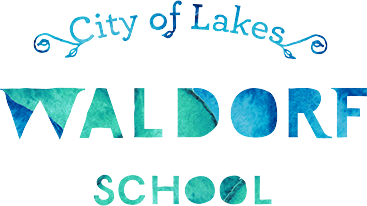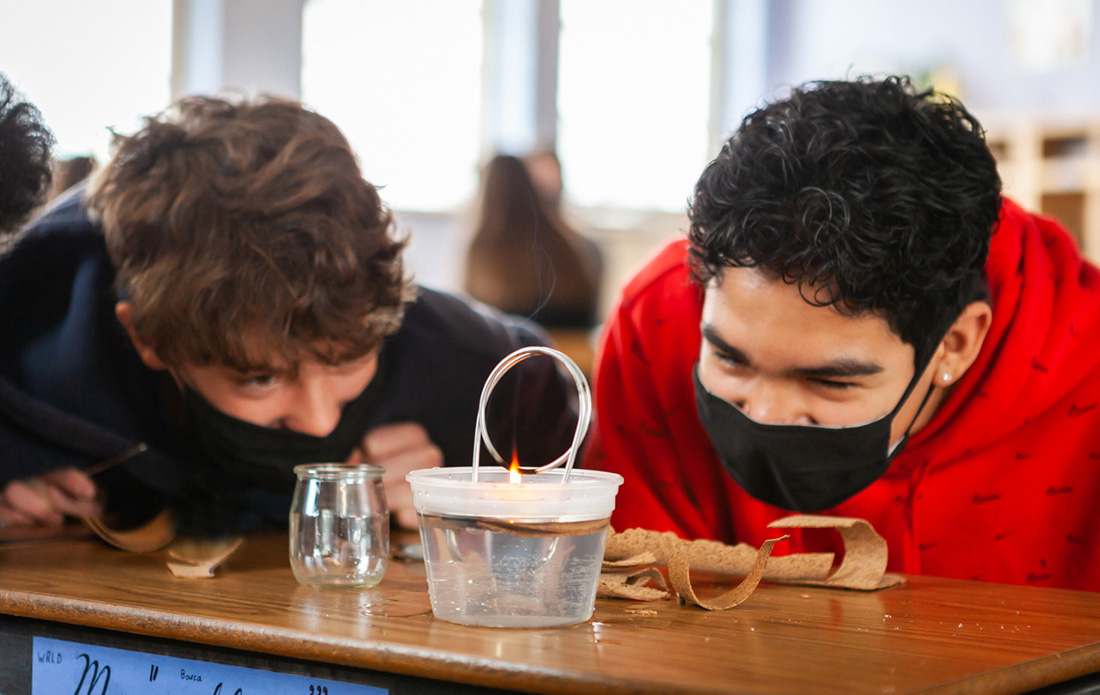At City of Lakes Waldorf School, we take an experiential and project based approach to science, which engages students and sparks their curiosity. It also gives them skills that will help them to be more successful in life and work: exploration, critical thinking, and problem-solving through collaboration.
Deborah Cornelison, a nationally-recognized science teacher and veteran educator from Oklahoma, was recently interviewed as part of The Atlantic’s “On Teaching” series, which focuses on the wisdom of longtime teachers. When asked what additional skills her students learned through hands-on projects vs. engaging with science in a more traditional way through lectures and occasional labs, Cornelison had this to say:
“[The students] still learned the content and the scientific process, but they also gained so many other meaningful skills that will help them in their lives: working together as a team, delegating work, problem-solving, managing time, planning, presenting ideas to others, and working with members of the community to implement positive solutions. They learned how to deal with the frustration and confusion that can come from charting your own path. They learned how to seek help from others, and that they should help others themselves. They developed their analytical side and were able to use their creative skills.”
Learn More:
- Why Waldorf? The future you are leaving to your children will require more than book-smarts. It will call for courage, creativity, and care. These are the precise qualities that Waldorf has nurtured for the past 100 years.
- Are you curious about a Waldorf education for your child? Click here to connect with us.


